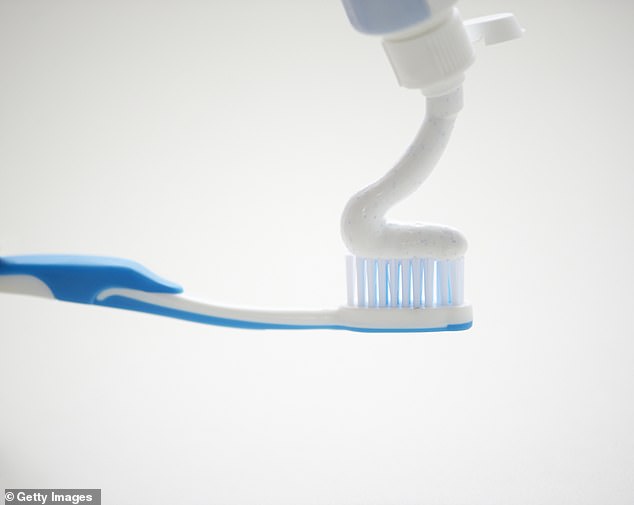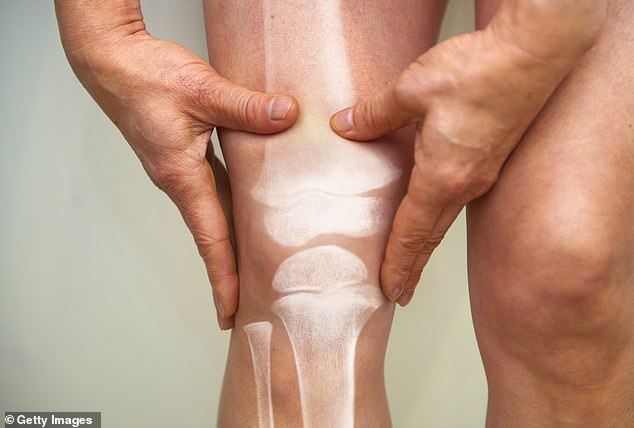An injection of a compound found in toothpaste can treat bone fractures caused by osteoporosis, a condition that makes bones prone to breaking.
New research suggests that the mineral hydroxyapatite, which is used in some toothpastes to prevent cavities, may help trigger new bone growth. Osteoporosis patients who received punctures in a fracture had higher bone density and a lower risk of needing further surgery.
Osteoporosis is estimated to affect three million people in the UK. Those who use steroids, smoke, drink heavily or have a family history of the disease are at increased risk, while diet and hormones can also contribute.
Throughout life, cells called osteoclasts break down old bone, while cells called osteoblasts form new bone.
The activity of these cells is generally constant, but from about the age of 50, the number of osteoblasts gradually decreases compared to the number of osteoclasts. Osteoporosis develops when the balance tips too far in favour of the osteoclasts.
The condition often goes unnoticed until a fracture occurs.
Osteoporosis, a condition that causes bones to weaken, often goes unnoticed until an accident occurs.

Researchers suggest that the mineral hydroxyapatite, which is used in some toothpastes to prevent cavities, may help stimulate new bone growth.
There are medications to treat the condition, such as bisphosphonates, which reduce the risk of fractures but do not reverse bone loss. Newer drugs, known as monoclonal antibodies, are injected to strengthen bones.
Around 180,000 fractures treated by the NHS each year are related to osteoporosis, according to the National Institute for Health and Care Excellence.
A challenge for surgeons is that many of these fractures require fixation with screws and metal plates, but bone weakness can make this difficult. Repeat surgery is often necessary when the bone cannot hold the screws.
However, in the new research, doctors at Lund University in Sweden used a synthetic form of hydroxyapatite to increase bone strength during surgery.
Hydroxyapatite is a natural mineral present in human bones and teeth, which provides bone strength and helps regeneration. It is also added to some toothpastes as it is believed to help remineralize tooth enamel and prevent cavities.
In the new study, hydroxyapatite was injected into the bone surrounding the fracture after it had been repaired with screws and plates. The hydroxyapatite solidified within minutes to reinforce the repair.

Mike McNicholas, an orthopedic and trauma surgeon at Liverpool University Hospitals, said the findings were “hugely important and will make a real difference to those unlucky enough to have suffered a fragility fracture”.
Seven to 14 days later, the patients received an intravenous infusion of bisphosphonate, a drug used in tablet form to slow the rate at which bone breaks down.
The combination of bisphosphonate and hydroxyapatite triggered the growth of new bone cells to strengthen repair, the journal Acta Biomaterialia reported.
Two months later, researchers found that the treated area had grown into bone around the screws, and after six months, bone density had increased by up to 17 percent. Stability around the screws and plates was quadrupled, meaning patients would not need to repeat the surgery.
Mike McNicholas, consultant in trauma and orthopaedic surgery at University Hospitals Liverpool, said the findings were “hugely important and will make a real difference to those unfortunate enough to have suffered a fragility fracture”.


